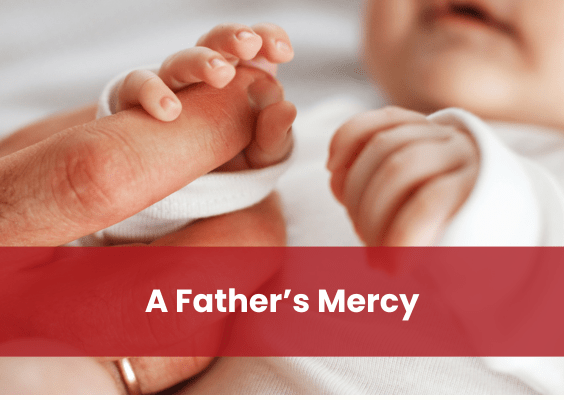
Rabbi Daniel Shibley
(Kollel ’13,’16, Shana Bet Fellow ’12, Year Program ’11)
Throughout the repetition of selichot and the lengthy piyutim (liturgical poems) that populate the High Holiday machzor (prayer book), one common theme is the reference to God as a father. Several adjectives or other nouns are attached, such as in Avinu Malkeinu. Each reference could be interpreted as referring to a particular aspect of God’s Godliness, or to our experience of God’s Godliness. However, there is one mention that, for me, deserves special attention this year; I became a father in May. My wife, Devora (Spring, ‘16), was instantaneously transformed into a nurturing and caring mother. After bringing our son into this world, it is only natural that her attention would focus on his nourishment, development, safety, and the countless concerns that only a mother could know or understand. In the absence of a physical connection, the father does not necessarily have that automatic impulse. And yet, there are so many paternal references in our liturgy!
In selichot we recite repeatedly “k’rachem av al banim, ken t’rachem aleinu,” “as a father has mercy on his children, so too God have mercy on us.” The sentence is an adaptation of a verse from Tehilim (Psalms) 103:13. In the verse itself, the author asks God to have mercy on those who fear Him; our version in selichot does not contain that, perhaps harsher, language. In some ways, it might make more sense to adapt the verse further to mention the mother; as a mother has mercy on her children, may God have mercy on us. This would presume a level of connectedness that only a birthing person might fully grasp. Furthermore, our tradition is replete with references to fearing God and fearing one’s father; the verse in question is no doubt part of that line of our tradition. The obligation of honoring a parent is inscribed in the twice-repeated aseret hadibrot (ten commandments).
So why, then, at the time of beseeching God for forgiveness and attempting to do complete teshuva would the compilers of selichot make such a choice? Why not opt for maternal comfort and mercy as the reference point for God’s mercy?
In its most narrow definition, one of the obligations incumbent on a father is to teach Torah to his son. Neither teaching nor learning come naturally to every individual. Indeed, every person learns slightly differently from another, and every teacher teaches with a different method or emphasis. After all, Sefer HaChinuch, a 13th-century enumeration of the commandments organized by parasha (Torah portion), was written to “awaken the hearts” of the author’s teenage son. The son is thought to have faced difficulties with the “traditional yeshiva” curriculum of gemara and halacha. Therefore, the potential to become frustrated, impatient, disheartened is almost automatically infused into the father-as-teacher son-as-student relationship. It is even possible to become fearful. Those feelings can, and perhaps often do, flow in both directions.
Perhaps, here we arrive at an answer to the logic behind the selichot compilers’ selection of language. There is an element of patience, love, respect, and mercy required in establishing, building, and maintaining a father-son relationship. It may not have the (hopefully) automatic nature of the mother-son relationship, which is why it could be considered both remarkable and worthy of mention in our selichot. We, together with God, must work to build and maintain a relationship that avoids potentially disastrous pitfalls. By extension, we might also consider all of our relationships through that lens as we recite selichot and pursue paths to teshuva.
Are you a Pardes alum with High Holiday Torah you would like to share? Send us your Torah at community@pardes.org!
Seeking more High Holiday Torah? Visit our High Holiday Torah Hub.
